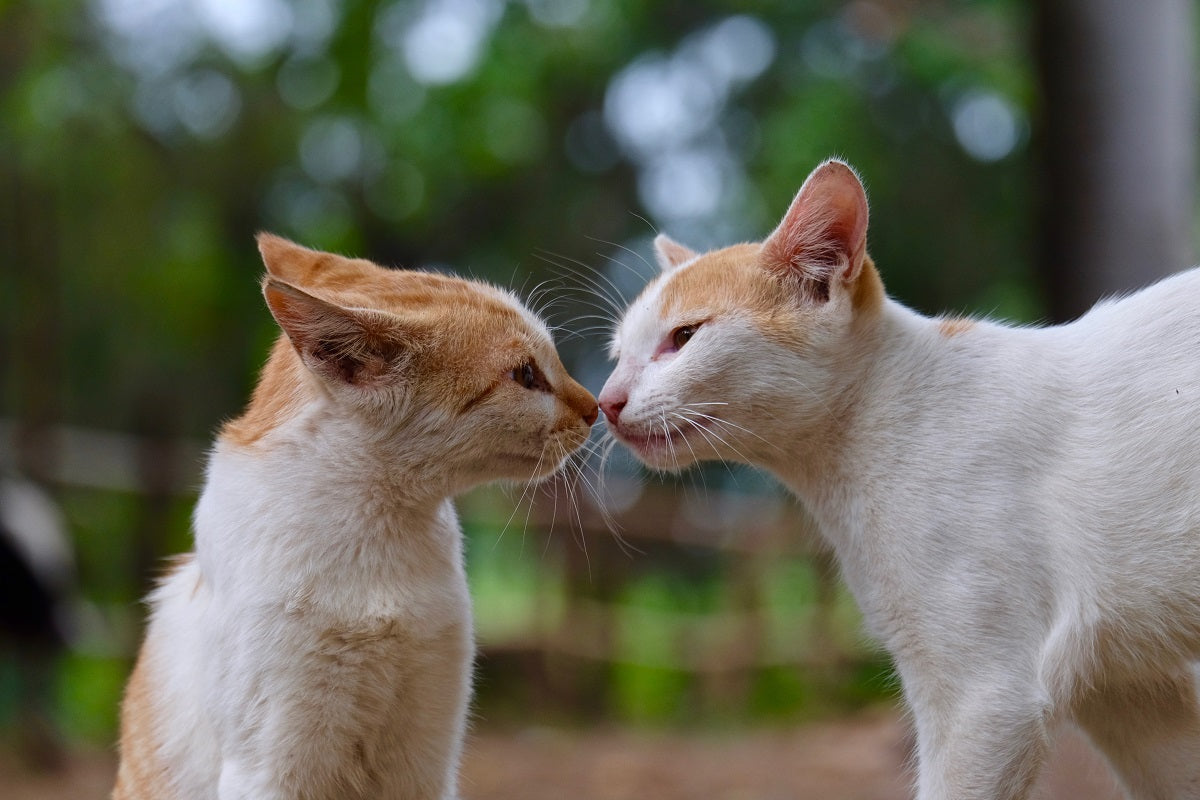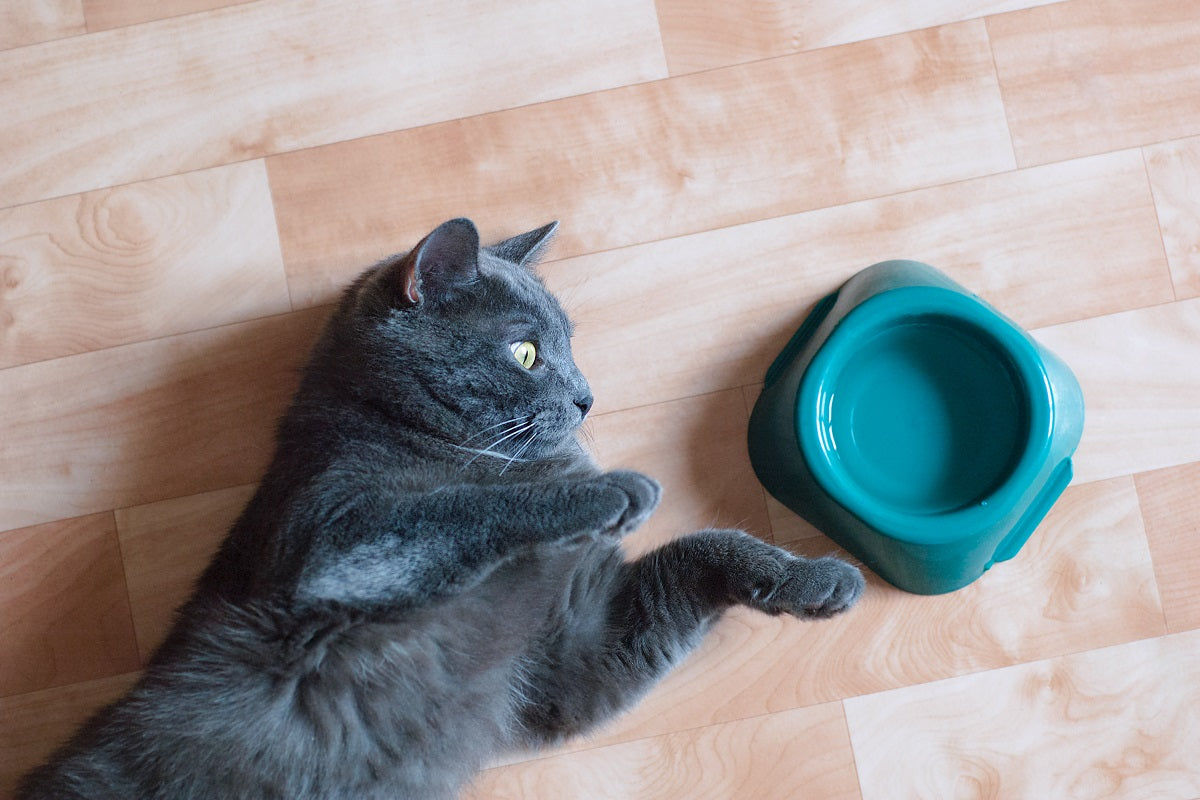Birman cats, possibly the result of crossing Siamese with Angoras or Persians, are thick cats with distinctive color point markings and white paws. Their patient and kind natures have made them a favorite among pet owners for ages, but how did they get their name?
Cat Litter That Prioritizes Their
Health & Your Happiness.
Get 20% + a Free Toy
Use Code PRETTYBLOG at Checkout
for 20% Off + a FREE Catnip Toy
The First Birman Cats
The exact origin of the Birman breed is unknown, but
its first recorded appearance is in France in 1919. Two Birmans were shipped across the Atlantic, but the male, Maldapour, died during the voyage. His mate, Sita,
was
pregnant with his kittens, and with their birth, the Birman presence in the West was established.
Physical Traits of the Birman Cat
Birmans are medium- to large-size cats averaging between 6 and 12 pounds. Like other color point cats,
Birmans are born solid white and develop their distinctive color pattern as they grow into maturity. Those colors and patterns can be seal gray,
blue gray, white, cream, brown, reddish-brown, and even tortoiseshell, and the pattern can either be solid or a lynx pattern. All Birmans share one unique feature, though: dainty, solid white paws, naturally occurring lace gloves that complement the breed's striking blue eyes.
Birmans usually have a thick, silky, medium-length coat, a fluffy tail in the same or a similar color to their pattern, and a regal ruff around the neck.
Personality Traits of the Birman Cat
Those looking for a fairly quiet, calm, but affectionate cat would do well to consider the friendly Birman. As a breed,
Birmans are about as outgoing as an average cat, but they are deeply devoted to their families, including humans and
other pets. They have average energy levels, making them ideal for the pet parent who wants a cat which is as happy to play as she is to curl up with her human for a lazy afternoon nap.
For pet owners with children, Birmans are a great choice, as their easygoing and patient natures make them well-suited for
young children whose loud voices and sometimes indelicate petting might upset more skittish cats. Birmans are also curious and playful, so having young companions around will keep them entertained and engaged.
According to legend, Buddhist temples in Burma (now Myanmar) were home to pure white cats said to carry the souls of former temple priests. Sinh, one of these fabled cats, was present when his human companion was killed during a raid on the temple. Sinh placed his paws on his owner's head and turned toward a statue of the goddess of transmutation. The goddess rewarded his faithfulness by altering his face, tail, and legs into a golden hue and turning his eyes from yellow to blue. The paws, though, remained white to signify Sinh's owner's purity.
By morning, all the cats in the temple had been transformed in the same manner. Sinh refused to eat until he died so that he could host his owner's spirit, but his fellow temple cats continued the new line.
The second half of the legend regards the Birman's emergence in the West, and like the original story, it also cannot be verified. Allegedly, around the turn of the twentieth century, the same temple was raided again. Two Westerners named Auguste Pavie and Major Gordon Russell rescued the priests and their cats by helping them escape to Tibet. The story holds that the priests then sent two of their sacred Birman cats to the men when they returned to France.













